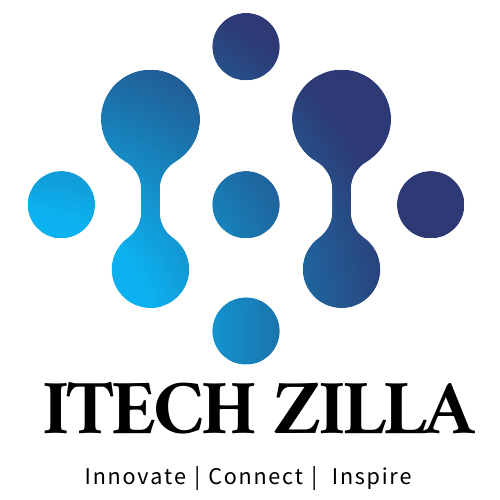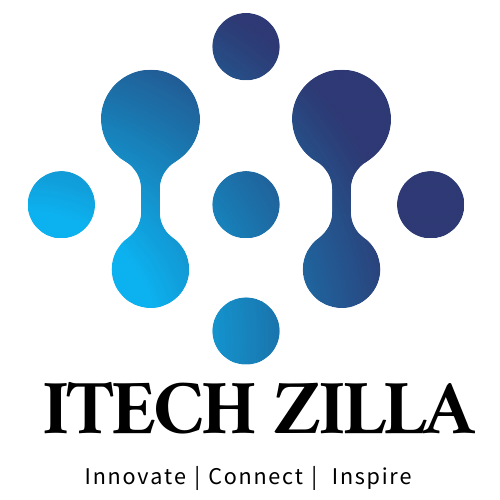Databases are an essential component in the operations of contemporary organizations. They allow us to collect, organize and access the tremendous quantities of data that companies generate and utilize daily. From small businesses to massive corporations, what is important here is that databases are vital in upholding data consistency, expedient access to data, and its utilization in decision-making. Organizations grow and change; hence, the requirements for relevant data management tools also grow. The purpose of this article is to determine what databases are significant and what data lineage tools contribute to improving database systems.
Table of Contents
Enhancing Transparency with Data Lineage Tools
Data lineage Tools are an important aspect in viewing how data has moved through the processes of a firm. These tools attach a universal description to data, showing the steps it underwent and its final destination.
In this way, they help organizations understand what has happened to their data and how it has been used and transformed in different systems and applications. There are several reasons as to why such transparency is necessary.
To begin with, appreciating data lineage enables organizations to maintain a certain degree of accuracy and consistency of data as they have a way of tracking where data has been processed and manipulated.
This clarity enables business entities to monitor and address any data-related issues in a timely manner, not only in cases where the organization has a lot of data to process but also in situations where it is just a single transaction, as dealing with the latter can be cumbersome and inconvenient.
This is particularly relevant in some organizations, such as financial institutions and healthcare, that have many transactions to process.
Next in line is that data lineage tools can aid in meeting various compliance regulations that an organization must adhere to. Every organization in a particular industry has some guidelines concerning data governance that strive to provide reasonable transparency in how entities deal with information.
Compliance can be demonstrated by applying data lineage tools, which allow organizations to create a more handy tool for auditors comprising data rearrangements and report transfers.
In addition, using these tools improves teamwork by providing a common view of how data is structured and oriented.
Having all departments use the same data lineage eliminates the issue of communication gaps between departments, which enables greater cooperation and increases decision-making of higher quality.
Improving Data Tracking and Management
Effective data tracking is significant for organizations to leverage their data assets fully. In this regard, data lineage tools enable the organization to view a complex of data and allow tracking of the usage patterns and dependencies of these data. This information is invaluable for optimizing data management strategies by ensuring that the relevant data is effectively managed.
Impact analysis is one of the major consequences of improving data tracking. It is important to understand the downstream effects of a modification so as not to cause disruptions to the processes of different systems. For such instances, Data lineage tools help organizations understand the impact of certain changes on other interfaces.
Also, these tools assist these organizations in cataloging data as they work hand in hand with data catalog software. Data cataloges function as a single-point storage of nearly all the metadata associated with data assets. Such an integration optimizes the search process for users seeking the data they need. Moreover, such integration increases the discoverability of data, and its usability makes the entire organization more effective.
Conclusion: The Future of Data Management
The amount of data produced and needed by an organization will keep rising, and the importance of efficient data management continues to be highlighted. Solutions such as databases, data lineage, and data catalog software are basic to supporting data quality, transparency, and data usability. By implementing these technologies, businesses attain compliance and enhance their competitiveness by making confident, data-informed decisions.
To sum up, the function of databases within an organization is pluralized and changing daily. With the invention of new technologies, there will also be new instruments and methods to work with the data. Organizations that invest in data maintenance and utilize the affordance of data lineage tools will be at an advantage in the data-driven future.

